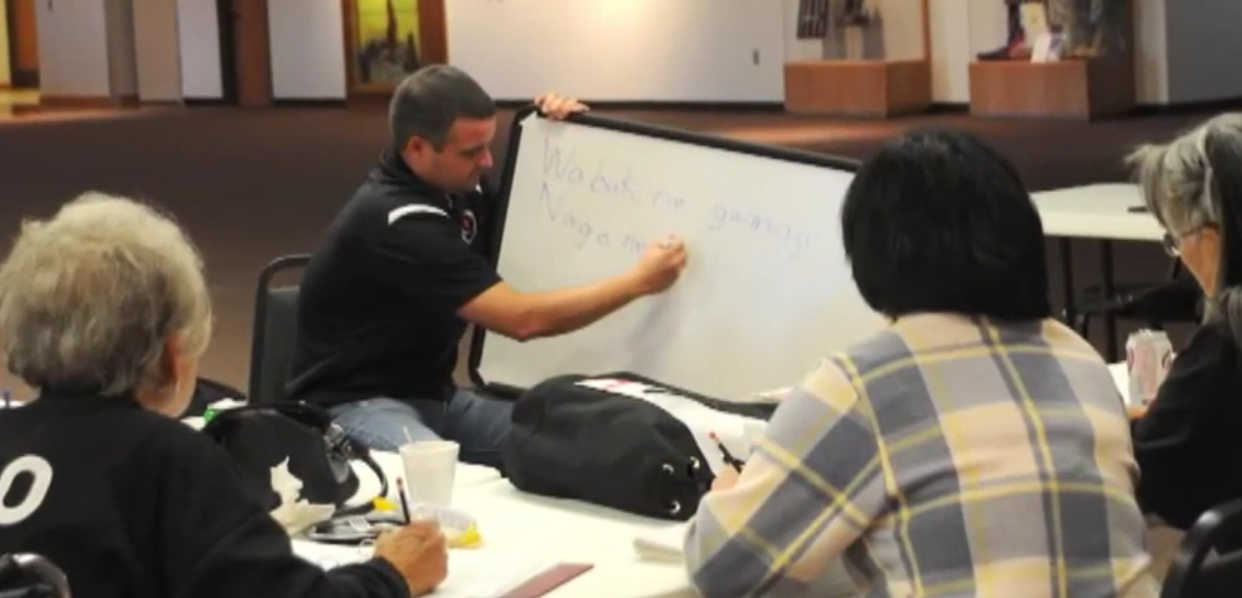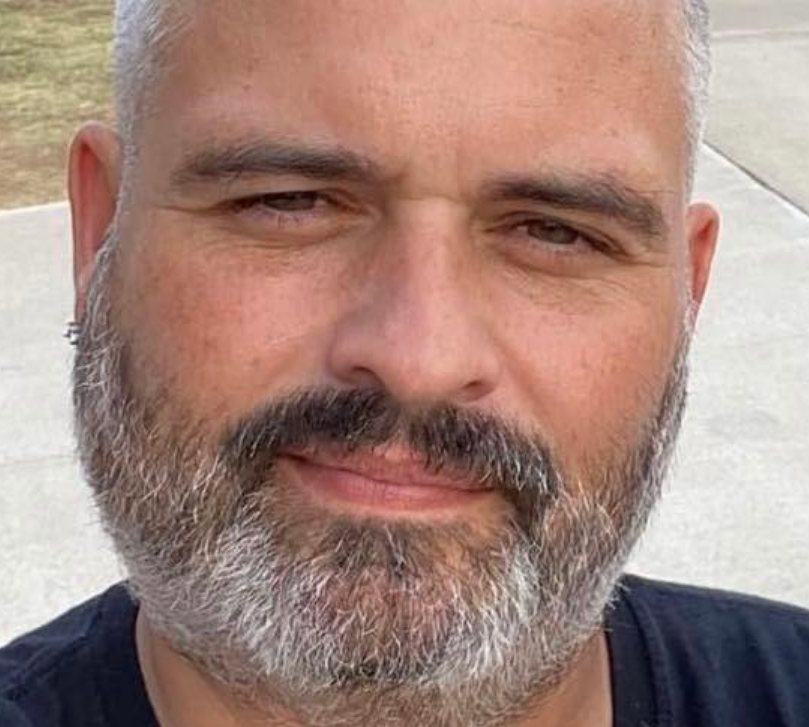
- Details
- By Justin Neely
Guest Opinion. The United States is home to more than 331 million people, yet only 21 percent of the population speaks more than one language—a staggering statistic compared to countries across Europe.
Foreign language classes, especially at the collegiate level, have declined in recent years. Additionally, languages are commonly lost between generations as immigrant families adapt to the dominant culture and struggle to stay connected to their parents’ mother tongue.
This phenomenon has also had a profound impact on Native American tribes. Out of 300 Indigenous languages once spoken in the U.S., only 175 remain. What can be done to stop their extinction?
Language learning apps, like Duolingo and Babbel, are rising in popularity. And in an effort to preserve its unique language and culture, the Citizen Potawatomi Nation (CPN) recently partnered with Google’s Arts and Culture department on Woolaroo, a new artificial intelligence learning experience. Woolaroo uses facial recognition technology to identify common objects, translating pictures into words in real time. CPN is the only Indigenous tribe in the U.S. featured, and this technology is one of the latest tools being used to keep the Potawatomi language, Bodéwadmimwen, alive.

The words and phrases people use are an extension of who they are. Learning a new language teaches how other communities see the world, which in turn teaches us about ourselves.
Some schools, especially those in states with rich Native histories, have begun offering more tribal language courses. CPN works with five higher education institutions across Oklahoma and Kansas to educate students who are interested in working with Indigenous communities and making strides towards language revitalization.
The Tribe’s language department also partners with Oklahoma public school systems to help students in middle school and high school achieve the World Language credit required for graduation.
Learning a new language poses many benefits, including improving memory and brain function, increasing creativity and the likelihood of securing employment. And people who choose to study a Native language also play an active role in preserving diverse Indigenous cultures, ensuring they endure for years to come.
New, innovative technology and expanded learning options make it easier than ever to adopt another language. And with so many tools and resources available, we have every reason to expand our communication skills and to protect endangered languages while doing so.
Justin Neely is the language director for the Citizen Potawatomi Nation.
Access the Potawatomi dictionary at potawatomidictionary.com,
More Stories Like This
Tribes Seek Better Data, Real Accountability in MMIP Cases Ahead of Tribal ConsultationWhat Would Dr. King Say About ICE?
In Unity and Commitment
Protecting Our People through Human Trafficking Awareness
It is Time for Animal Behavior to Become Its Own Discipline
Help us defend tribal sovereignty.
At Native News Online, our mission is rooted in telling the stories that strengthen sovereignty and uplift Indigenous voices — not just at year’s end, but every single day.
Because of your generosity last year, we were able to keep our reporters on the ground in tribal communities, at national gatherings and in the halls of Congress — covering the issues that matter most to Indian Country: sovereignty, culture, education, health and economic opportunity.
That support sustained us through a tough year in 2025. Now, as we look to the year ahead, we need your help right now to ensure warrior journalism remains strong — reporting that defends tribal sovereignty, amplifies Native truth, and holds power accountable.
 The stakes couldn't be higher. Your support keeps Native voices heard, Native stories told and Native sovereignty defended.
The stakes couldn't be higher. Your support keeps Native voices heard, Native stories told and Native sovereignty defended.
Stand with Warrior Journalism today.
Levi Rickert (Potawatomi), Editor & Publisher

